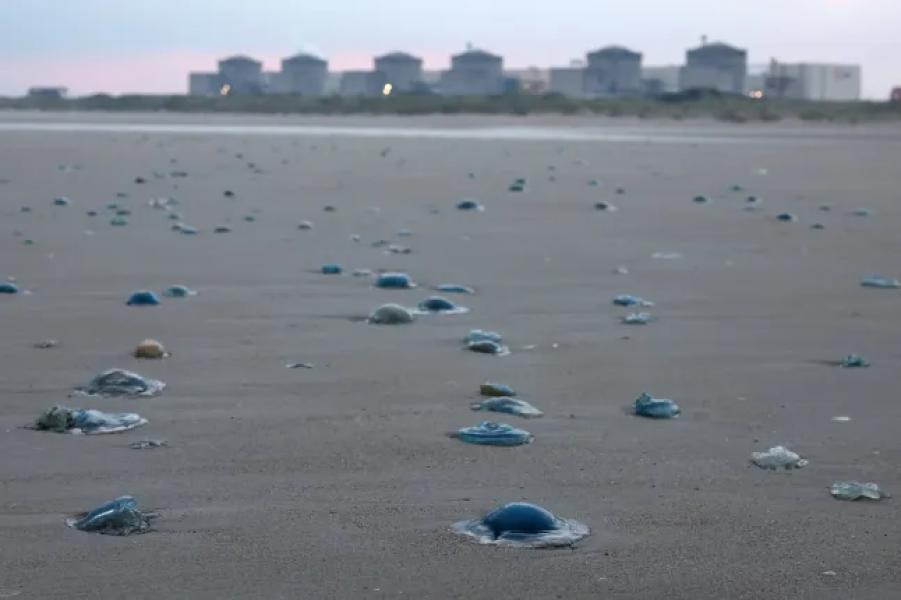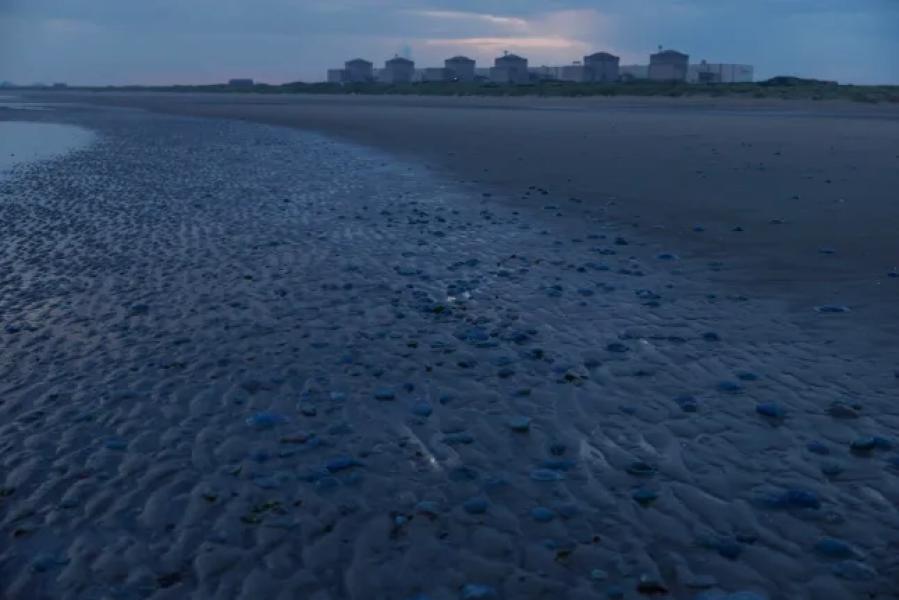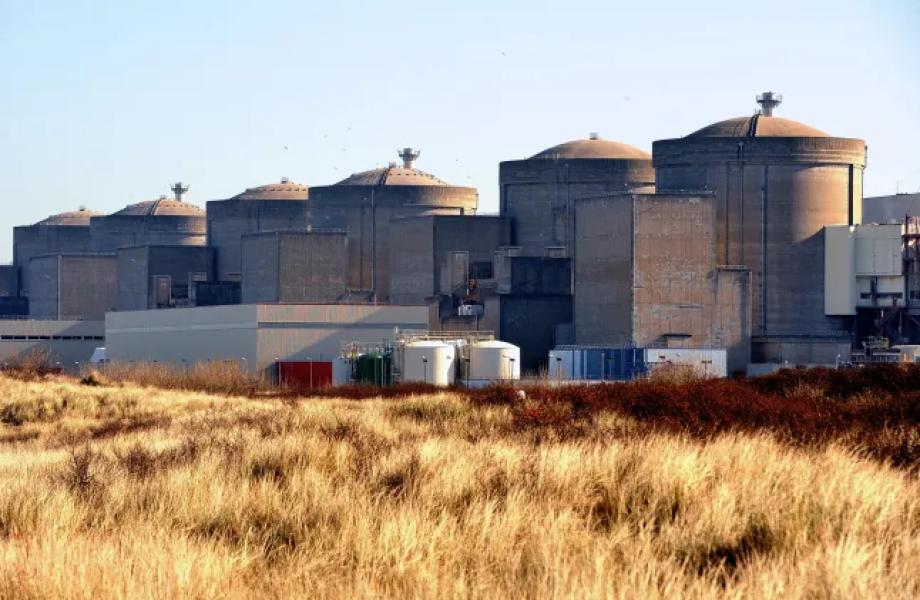
One of Europe's largest nuclear power plants has been forced to shut down due to unusual uninvited guests.
The Gravelines nuclear power plant in northern France was completely shut down on Monday when a “huge and unpredictable” swarm of jellyfish invaded the plant's pumping stations.
The station, located between the cities of Dunkirk and Calais, is connected to the North Sea via a canal that supplies seawater to cool the reactors.
Its six units generate 900 megawatts of electricity each, but four of them were forced to suspend operations due to an invasion of jellyfish.
Data from EDF, which operates the plant, showed that two other units had already been taken offline for routine maintenance.
The power company said it did not know what type of jellyfish caused the shutdown, but its engineers were working to safely restart the reactor.

Reactors 2–4 automatically shut down shortly before midnight when the filter drums of the pumping stations became clogged with the swarm, and Reactor 6 shut down several hours later.
EDF confirmed that the incident had no impact on the safety of facilities, personnel or the environment.
It is clear that the filter pumps are not damaged; they simply need to be cleaned and the jellyfish removed before the reactors can begin operating again.
This is not the first time that jellyfish have been seen in the Gravelines area: they have washed up on beaches several times in recent years.
The increase in numbers is likely due to rising water temperatures due to global warming and the emergence of invasive species.
Derek Wright, a marine biologist with the US National Oceanic and Atmospheric Administration, explained: “Jellyfish reproduce faster in warm water, and as areas like the North Sea get warmer, their reproductive window expands.”

“Jellyfish can also travel on tankers, ending up in a ship's ballast tanks in one port and often ending up in waters on the other side of the world.
More trends
Sourse: metro.co.uk





